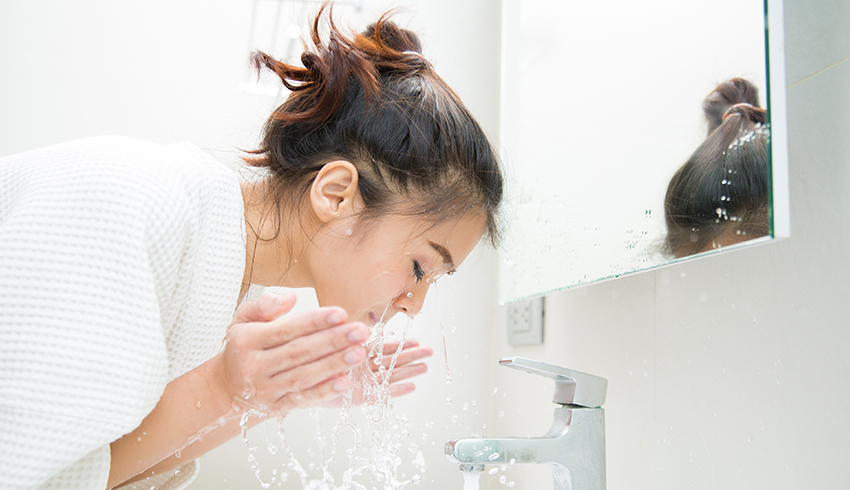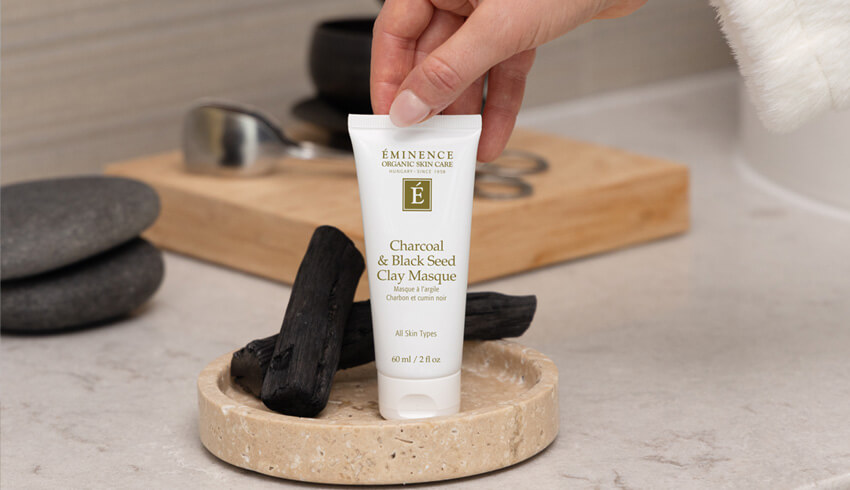
Exfoliation is a crucial step in any skin care routine; however, DIY face scrubs are often not suitable for the skin type and condition they’re recommended for. While the importance of exfoliation and organic skin care can’t be overstated, concocting DIY solutions may be damaging your skin. Here is our guide for which homemade exfoliants you should avoid for your skin type and why:
Avoid These DIY Face Scrubs
A quick search online for “DIY face scrubs” brings up a seemingly endless number of recipes for any and all skin types. With assistance from the experienced estheticians on the Eminence Product Support Team, the worst offenders are listed below.
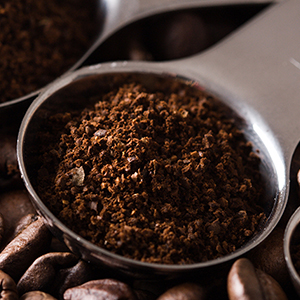
1. Coffee Ground Scrubs
Recycling coffee grounds into an exfoliating scrub for face and body is all over the internet; however, these recipes are worrisome, especially for dry skin. The main reasons to avoid this ingredient are that coffee grounds are not cosmetically smooth and “are one of the worst things you can put down your drain” (Allure). Microscopically, the coffee grounds you use to make your morning brew are very jagged and can cause micro-tears in your skin as you exfoliate. They are made for brewing a beverage as opposed to being used for cosmetic purposes. This is a serious concern if you already have dry skin as these micro-tears can cause further dryness, irritation and even infection. In addition, grounds - especially when combined with oils - do not cleanly rinse down the drain. They will eventually coagulate, causing major plumbing woes.
2. Apple Cider Vinegar Peel
Apple cider vinegar is often considered a holy grail natural beauty alternative, but it is important to remember that natural does not equal more gentle. Recipes for apple cider vinegar exfoliating peels should be avoided, even for those with normal skin. While apple cider vinegar is an AHA alternative, it is extremely drying to the skin, and can cause increased sebum production and irritation (The Clear Skin Essentials). Apple cider vinegar contains 5% acetic acid and, much like coffee grounds, is not developed for cosmetic use and can be difficult to neutralize. In fact, there are many cases where using apple cider vinegar directly on the skin has resulted in serious chemical burns (Journal of the American Academy of Dermatology).
3. Lemon Sugar Scrubs
Lemon sugar scrubs are a classic DIY recipe for lightening acne scars and pigmentation. However, if you have oily and/or problem skin, this is one of the worst exfoliants you could choose. Although drying, lemon juice can make your skin photosensitive, resulting in a complexion susceptible to further hyperpigmentation, dark marks and sunburn - even with an SPF (The Clear Skin Essentials). Lemon is also acidic and has a pH of 2 (highly acidic) that can irritate your skin on a cellular level (AcneEinstein). Unlike the sugar used in commercial scrubs, household sugar is, again, not formulated for cosmetic use and you may experience micro-tears in your skin that disrupt the lipid layer leading to flakiness and irritation (xoJane).
Use These Instead
It’s clear that the biggest concern around DIY face scrubs is that these ingredients are not formulated with the intention to use on your face. While they may have left your skin feeling smooth, these recipes are likely causing damage without you even realizing. Read on for the alternatives recommended by Eminence Organic skin care experts.
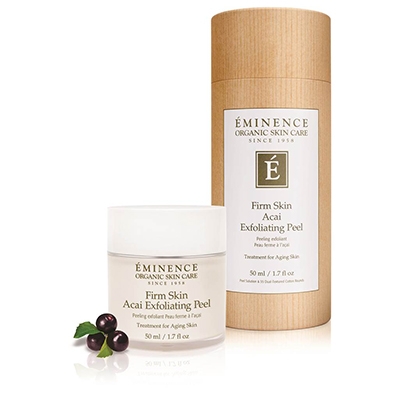
1. Low Acid Exfoliating Peel
If you have dry skin, staying away from a physical, gritty scrub altogether is your best option. Using a low acid exfoliating peel will help gently slough off dead skin cells, revealing a smooth and more radiant complexion. Alpha Hydroxy Acids such as lactic and glycolic acid are fantastic for dry skin as they are also deeply hydrating. To help soothe and renew your skin, we recommend Eminence Organics Firm Skin Acai Exfoliating Peel. Perfect for dry skin, this gentle peel is safe enough to use at home, contains fruit acids to boost moisture and both lactic and glycolic acids to exfoliate. Acai berry is also an antioxidant powerhouse, protecting the skin from drying environmental stressors.
2. Gentle Physical And Chemical Exfoliant
Normal skin can withstand a higher level of exfoliation than dry skin and benefits greatly from a combination of physical and chemical exfoliation. Beta Hydroxy Acids such as salicylic acid are fantastic for normal skin as they help break down the bonds that keep dead skin cells together and reach deep into pores to clear out gunk and grime. All skin types would benefit from Eminence Organics Strawberry Rhubarb Dermafoliant as it polishes and perfectly cleanses the skin. Strawberry contains naturally occurring salicylic acid to deep clean pores, while rice flour gently polishes, leaving a radiant complexion.
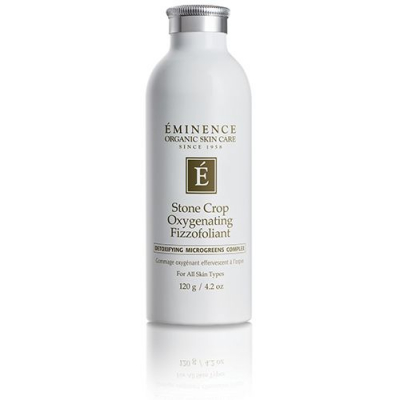
3. Salicylic Acid & Oxygen Exfoliants
Salicylic acid also works wonders for exfoliating oily or problem skin. Our Eminence Organics' Product Support Team explain: “Salicylic acid, which is an oil soluble molecule, is great for managing excess oil or congestion.” Additionally, oxygen is effective for treating and healing problem skin. Oxygen kills the bacteria that causes problem skin while also reducing inflammation (Skin NV). To help smooth and calm the appearance of oily and problem skin, Eminence Organics Clear Skin Willow Bark Exfoliating Peel and Stone Crop Oxygenating Fizzofoliant are fan favorites. Our award winning Clear Skin Willow Bark Exfoliating Peel contains salicylic acid derived from willow bark to deeply cleanse pores. Our Stone Crop Oxygenating Fizzofiant turns from powder to foam and contains polishing rice flour to leave your complexion looking smooth, soft and refreshed.
Take the advice from qualified experts and keep your skin safe and smooth by avoiding DIY face scrubs. Visit your local Eminence Organics authorized spa to learn more about any of the Eminence products mentioned above. What’s your favorite way to exfoliate? Tell us in the comments below and join the conversation on social media.

